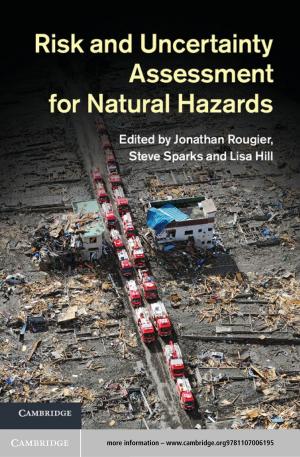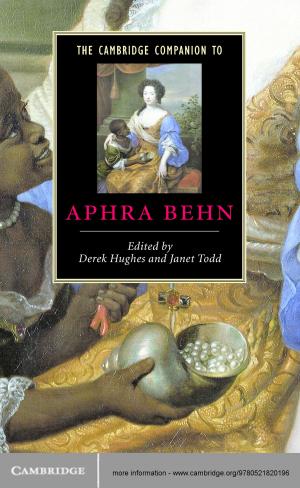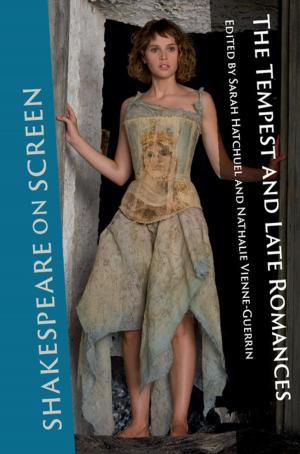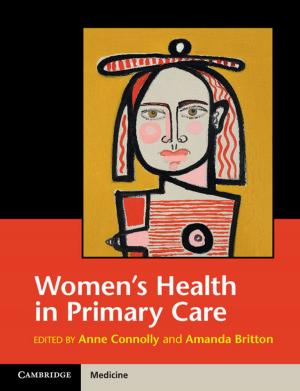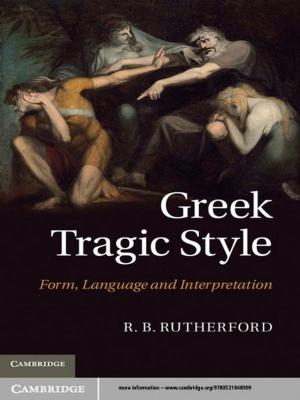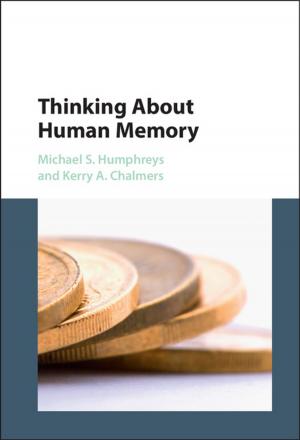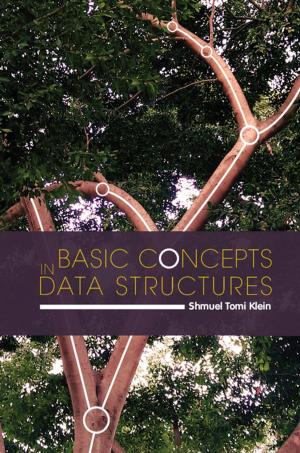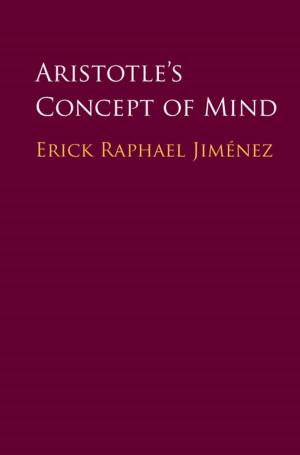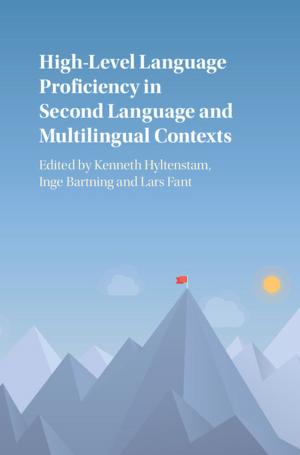The Political Uses of Expert Knowledge
Immigration Policy and Social Research
Nonfiction, Social & Cultural Studies, Political Science, International, Foreign Legal Systems, Social Science| Author: | Christina Boswell | ISBN: | 9780511698583 |
| Publisher: | Cambridge University Press | Publication: | May 28, 2009 |
| Imprint: | Cambridge University Press | Language: | English |
| Author: | Christina Boswell |
| ISBN: | 9780511698583 |
| Publisher: | Cambridge University Press |
| Publication: | May 28, 2009 |
| Imprint: | Cambridge University Press |
| Language: | English |
Why do politicians and civil servants commission research and what use do they make of it in policymaking? The received wisdom is that research contributes to improving government policy. Christina Boswell challenges this view, arguing that policymakers are just as likely to value expert knowledge for two alternative reasons: as a way of lending authority to their preferences; or to signal their capacity to make sound decisions. Boswell develops a compelling new theory of the role of knowledge in policy, showing how policymakers use research to establish authority in contentious and risky areas of policy. She illustrates her argument with an analysis of European immigration policies, charting the ways in which expertise becomes a resource for lending credibility to controversial claims, underpinning high-risk decisions or bolstering the credibility of government agencies.
Why do politicians and civil servants commission research and what use do they make of it in policymaking? The received wisdom is that research contributes to improving government policy. Christina Boswell challenges this view, arguing that policymakers are just as likely to value expert knowledge for two alternative reasons: as a way of lending authority to their preferences; or to signal their capacity to make sound decisions. Boswell develops a compelling new theory of the role of knowledge in policy, showing how policymakers use research to establish authority in contentious and risky areas of policy. She illustrates her argument with an analysis of European immigration policies, charting the ways in which expertise becomes a resource for lending credibility to controversial claims, underpinning high-risk decisions or bolstering the credibility of government agencies.



